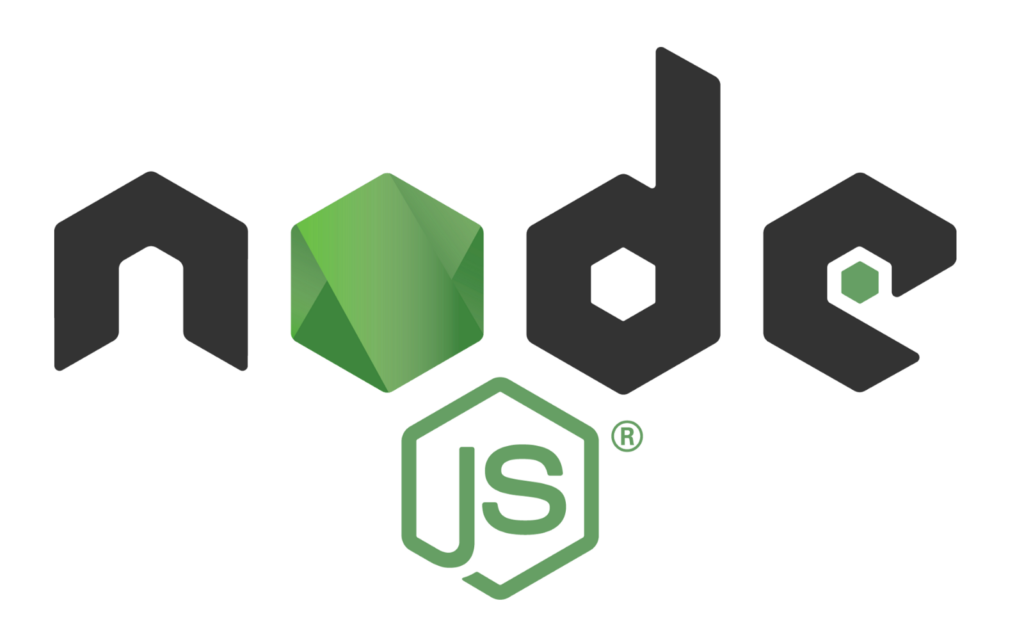
Whether you’re an entrepreneur with a idea you just have to get to market, an IT student or someone heading into a new career in programming; if you’re new to software development it’s hard to know the best topics and applications to focus on first.
Of course there will rarely be a ‘one size fits all’ solution, but depending on your build plan, competency and budget it’s always helpful to have some generalised, solution-orientated options at your fingertips.
If you’re familiar with Javascript (and if you’re not, you soon will be, as Javascript is the world’s most commonly used programming language), you’ll be well on the way to understanding Node.js. Node.js is an open source environment built upon the powerful Google Chrome V8 Javascript engine.
According to the 2018 Stack Overflow survey of 100,000 developers, almost half of self-described “professional developers” (49.9%) use the Node.js framework most frequently, putting it way ahead of the nearest competitors, Angular at 37.6% and React at 28.3%.
So why is Node.js still so popular in 2019? Here are a few reasons.
Node comes with world’s largest resource library
Node.js benefits from coming to you with NPM, the “world’s largest collection of free, reusable code” as official package manager. NPM gives the Node user access to thousands of free modules of code that can be downloaded and used in projects. This means that developers can access packages of code to use or adapt, potentially saving hours of research and development for basic or boilerplate programming steps. For developers especially, this can be a real boon, freeing up more of their precious time for creative problem solving and idea generation.
Node is fast and scalable.
Node is designed to be scalable, with the ability to build quick and efficient web applications. Entrepreneurs looking to take new concepts to market in a hurry and on a budget will love that Node.js works brilliantly at speedily developing lightweight microsystems across complex projects, as well as excelling at data intensive real time applications. Node based applications can use comparatively small amounts of system memory, which can make for faster performance. RAM, allowing for faster and more flexible performance. Non-developers will also be reassured by Node’s prestigious roll call of users, which boasts global tech giant brand names like Netflix and early adapters Paypal.
Node is team friendly.
Both clients and developers can benefit from the fact that Node.js uses one language (Javascript) to cover both front and back ends of a build, which can bring obvious budget efficiencies in development resources and future proofing / maintenance plans, as well as better communication between development teams.
Node is future facing.
Node’s comparatively low memory requirements can make it a great choice for creative electronic-driven projects utilising Arduino controllers and similar. The large and active Node.js development community also means that Node benefits from being at the cutting edge of trend driven projects, with large amounts of resource and conversations available around subjects like the Internet of Things. Node continues to gain popularity across the globe, with a large user base in China.
